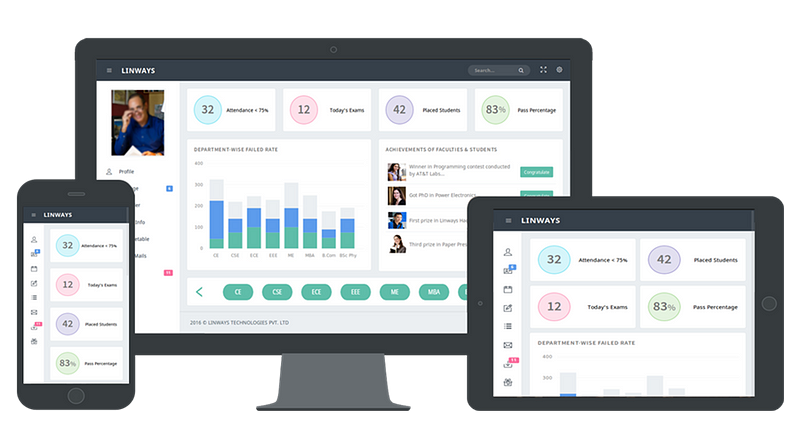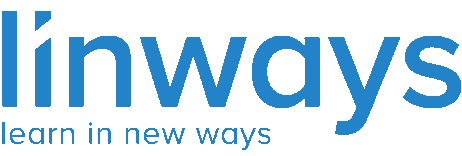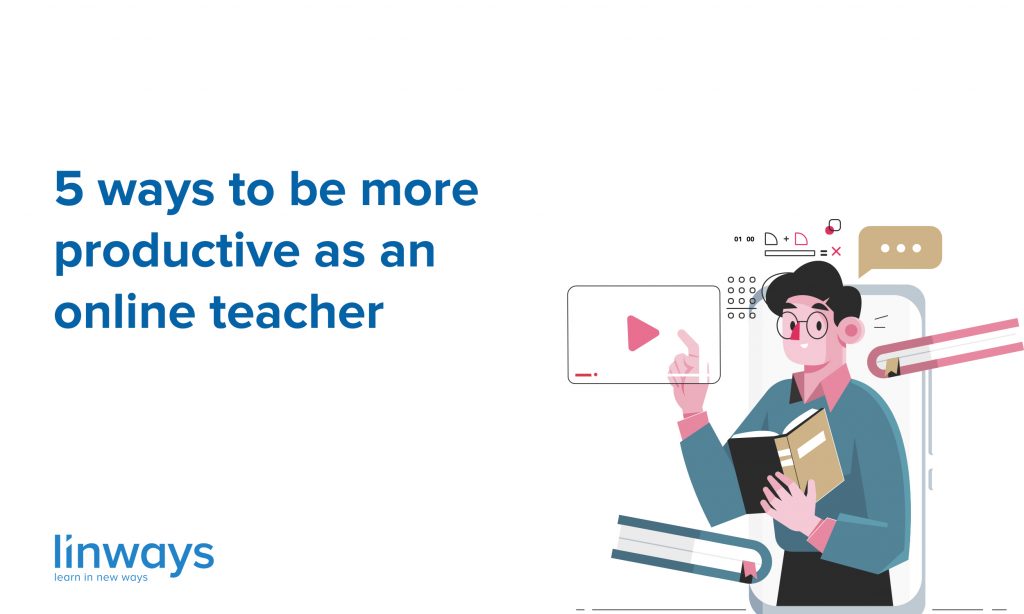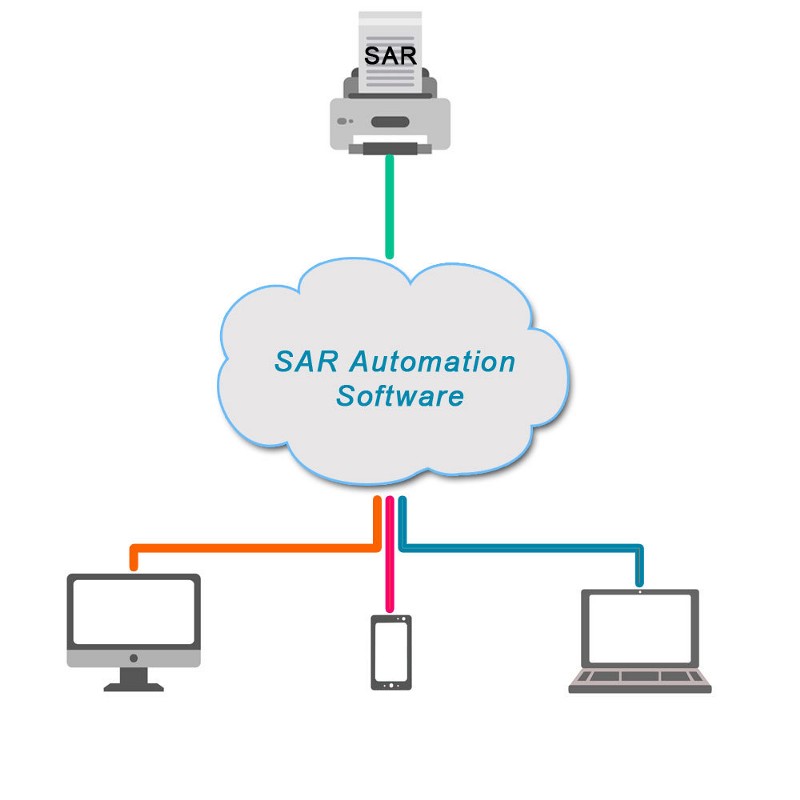
When talking about our schools and colleges, the Data Driven Decision Making(D3M) refers to teachers, principals, and the managements systematically collecting and analyzing various types of data, including information delivery, teaching-learning processes, outcomes and achievements, attainment of outcomes etc.
Data is used to guide a range of decisions to help improve the success of students and institutions. Data are the indicators of what should be done, what tool should be used, or where to focus on, to make an improvement in the student achievements.
The traditional systems that supply data to you — including student information catalogues, instructional management systems, assessment results, and financial logs and charts- are all providing, what could be called as a tip of the iceberg.
Only with dedicated data collecting mechanisms and creating a data warehouse (metaphor) can you analyze and weigh in your decisions,and implement the right ones at the right time.
Institutional autonomy
One of the most important implication of D3M in educational institutions is the institutional autonomy.
Institutional autonomy is more like a choice of policy for achieving educational outcomes and more influential institutional work flow. By this way, institutions have more freedom in terms of decision making, designing curriculum, teaching methodologies, human resources management etc.
However, this autonomy comes with a need to deliver better results with higher educational quality and provide proof of attaining proposed outcomes, and continuous Self-Evaluation and improvement.
And that’s where we need data. We need to collect, process, analyze the data to complete the evaluation and take decisions based on them.
So, how should the teachers and management be using the data to improvise their educational approaches when standardized tests are only given out once a year?
For institutions, the answer is intelligent and adaptive learning management systems. While schools and colleges regularly collect massive amounts of data via various assessment techniques, that data is not always accessible and teachers don’t always know how to use it effectively. But an effective academic management system can help them with that.
Why use academic management systems?
Much has been said about the academic benefits that adaptive learning technology and management. They can offer the management and teachers constant evaluation results on their their approaches on instruction in order to help students achieve the highest results.
An intelligent and adaptive learning management system like Linways have the ability to produce tons of different and individualized reports to meet the unique needs of the management and teachers.
This has been proved to provide a more personalized learning experience for each students.
Types of data.
And there are various types of data the institutions could use to make well informed decisions and revise old ones.
Student data, such as demographics and academic performances.
Faculty data, such as competences and professional experiences.
Data from teaching-learning, and assessment processes, both within and beyond the physical classroom premises, such as lesson plans, methods of assessments, classroom management etc.
Human Resources, infrastructure, and financial plan, including educational and non-educational staffs, other institutional facilities, financial expenditure etc.
Considering the growing need for data-driven decision making in educational institutions, introducing a smart data ‘collecting-processing’ mechanisms like academic management systems will draw the line between the institutions that will keep moving forward and those that will slowly fade out.




